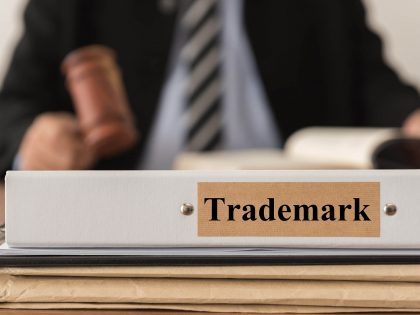
Costco and Tiffany are such well-known brand names in the United States that a lawsuit between the two was sure to make headlines. Indeed it did. Now that the case has been decided, here is our recap:
About 8 years ago, the warehouse retailer Costco had for sale diamond engagement rings with a six-prong setting, described by them in advertising materials as a “Tiffany” setting. On Valentine’s Day in 2013, the jewelry Tiffany & Co. filed for trademark infringement and counterfeiting. Costco argued that “a Tiffany setting” is “not only a brand name, but also a widely recognized descriptive term for a particular style of prong ring setting”.
At first, it seemed like a straightforward case. Tiffany & Co. won summary judgment for trademark infringement and counterfeiting, ultimately winning $21 million.
However, the U.S. Court of Appeals for the Second Circuit later reversed the lower court’s ruling, remanding or returning the case to the District Court for further review. It also instructed the lower court that Costco should be able to make its case that the word “Tiffany” can be used in a descriptive manner for a type of setting that has over the years become synonymous with jeweler, as opposed to being a claim the rings were sourced from Tiffany & Co.
As a part of their evidence, Tiffany & Co. produced six people who stated they were confused by the use of the word Tiffany in Costco’s advertising material for the rings, and did a survey of 600 people finding that “more than two out of five … were likely [to be] confused into believing that Tiffany & Co. was the source of the rings”.
Customer sophistication also played a role. The Court of Appeals ultimately found that Costco customers are sophisticated enough that they are unlikely to confuse the ring’s description as a claim of the ring’s provenance.
The crux of the issue according to the Court of Appeals was that “[t]here is nothing inherently absurd about a single word being both a source identifier and a descriptive term within the same product class.”
To get hypothetical for a second, a parallel situation could arise if the well-known store Best Buy sues for infringement where a competitor begins using “best buy” to describe a product special. Just because the term is the name of a store and a registered trademark does not mean that “best buy” cannot also be fairly used by a competitor to describe a special offer. In other words, a trademark registration does not confer a complete monopoly over the use of the term even in the context of the same or similar goods for which it is registered.
If you have a question or concern about your own trademarks or intellectual property, don’t hesitate to reach out to us to discuss!
IpHorgan
At IpHorgan, we offer you insight that can only be acquired and meticulously developed during our 15 year history as a team with over 200 years cumulative professional experience working on intellectual property transactions with businesses in nearly every sector of the U.S. and global economy.




